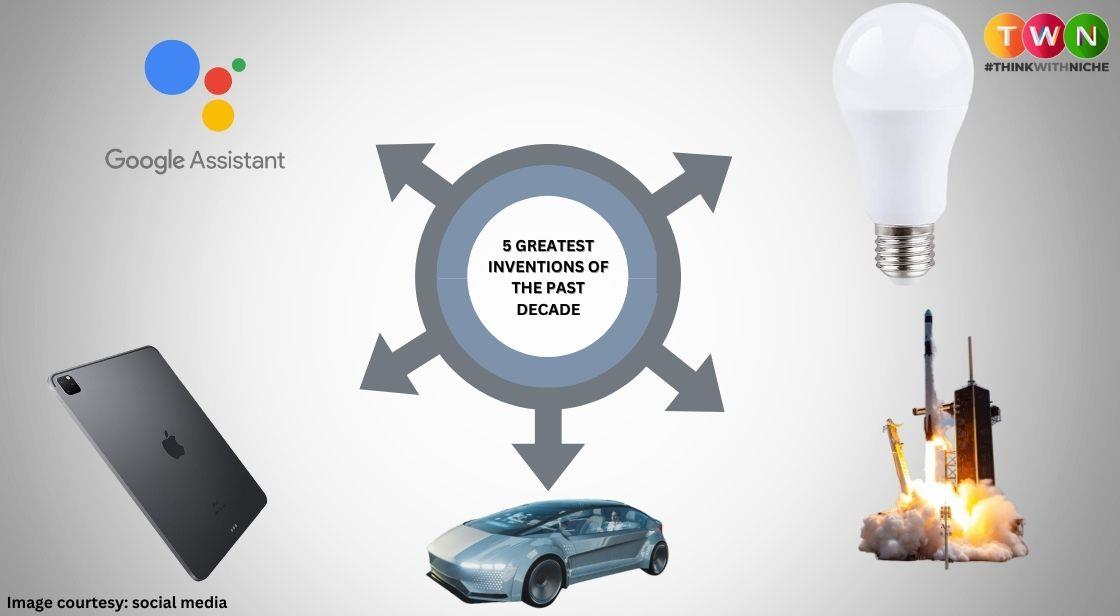Sustainability Strategies for Businesses: Tips for Going Green
Today's savvy businesses are making a concerted effort to go green — not just for the sake of the environment, but also for their bottom line. They understand that sustainability isn't just a buzzword, but a necessary strategy for long-term success. If you're ready to join the ranks of these forward-thinking companies, let's dive into some key strategies for going green.
Sustainability Strategies for Businesses: Tips for Going Green
Understanding Sustainability: Beyond Buzzwords
Before diving into practical strategies, it is crucial to establish a clear understanding of what sustainability entails. Beyond being a buzzword, sustainability embodies a holistic approach that balances environmental, social, and economic considerations. It involves minimizing negative impacts on the planet, promoting social responsibility, and ensuring long-term economic viability.
Sustainable businesses prioritize resource efficiency, waste reduction, carbon footprint reduction, and the adoption of renewable energy sources.
They also emphasize ethical practices, fair labor conditions, community engagement, and responsible supply chain management. By integrating these principles into their operations, companies can create positive change and contribute to a more sustainable future.
Minimize waste: Look for ways to reduce the amount of waste your company produces. This could involve implementing a robust recycling program, going paperless, or rethinking your packaging.
Conserve energy: Energy conservation can be as simple as switching off lights when they're not in use, or as complex as investing in renewable energy sources. Look for energy-efficient alternatives wherever possible.
Invest in renewable resources: Whether it's installing solar panels or switching to biofuels, investing in renewable resources can significantly reduce your company's carbon footprint.
Remember, the journey to sustainability is a marathon, not a sprint. Start with small, manageable steps and gradually work your way up. Every little bit counts!
Next, let's delve into a more in-depth discussion of these strategies, and explore some real-life examples of businesses that are leading the charge in sustainability.
Implement Eco-friendly Practices
For one, embracing eco-friendly practices is a surefire way to start. This can be as simple as encouraging employees to use less paper, or as comprehensive as installing solar panels to power your facilities. Companies like Google have set the standard here, using renewable energy to power their data centers.
Reconsider Your Supply Chain
Another key strategy is reevaluating your supply chain. Look for ways to minimize waste, reduce carbon emissions, and opt for sustainable materials. Patagonia, an outdoor clothing brand, is a shining example, committing to fair trade and organic material sourcing.
Engage in Corporate Social Responsibility
Lastly, active participation in Corporate Social Responsibility (CSR) can significantly enhance your brand's green image. Starbucks, for instance, regularly invests in farmer support centers and sustainable coffee production. CSR not only boosts your environmental credentials but also fosters a stronger connection with customers.
Engage in Corporate Social Responsibility
Lastly, active participation in Corporate Social Responsibility (CSR) can significantly enhance your brand's green image. Starbucks, for instance, regularly invests in farmer support centers and sustainable coffee production. CSR not only boosts your environmental credentials but also fosters a stronger connection with customers.
What are the most effective sustainability strategies for businesses that want to go green?
Embrace Energy Efficiency
One of the most effective sustainability strategies for businesses is to reduce their energy consumption. This can be achieved by implementing energy-efficient practices such as using LED lighting, upgrading to energy-efficient appliances, and optimizing heating and cooling systems. Additionally, businesses can consider investing in renewable energy sources such as solar panels or wind turbines to generate their own clean energy.
Ramp Up Recycling and Reduce Waste
Another important strategy is to reduce waste and increase recycling. This can be done by implementing a waste management plan that includes recycling, composting, and reducing the use of single-use plastics. Businesses can also consider using eco-friendly packaging materials and reducing their overall packaging waste.
Promote Sustainable Transportation
A third effective strategy is to promote sustainable transportation. This can be achieved by encouraging employees to carpool, use public transportation, or bike to work. Businesses can also consider providing electric vehicle charging stations or offering incentives for employees who use sustainable transportation options.
Businesses can prioritize sustainable sourcing by choosing suppliers who prioritize sustainability and ethical practices. This includes sourcing materials that are environmentally friendly and ethically sourced, as well as supporting local and small businesses that prioritize sustainability.
heating and cooling systems. Additionally, businesses can consider investing in renewable energy sources such as solar panels or wind turbines to generate their own
Why Sustainability Matters for Businesses
If you're a business owner, you might be wondering, "Why does sustainability matter to my business?" Well, the answer is simple yet multi-faceted. Sustainability is a crucial aspect that businesses, both large and small, cannot afford to ignore.
In today's world, going green is not just a passing trend, but a business imperative. Businesses that adopt sustainable practices reap numerous benefits. From improved reputation and consumer trust to cost savings and innovation, the advantages of sustainability are many.
Moreover, it's about more than just doing good; it's about business survival. With growing consumer awareness and governmental regulations, sustainability is no longer a choice but a necessity for businesses. If you're still wondering, let's dive a little deeper.



